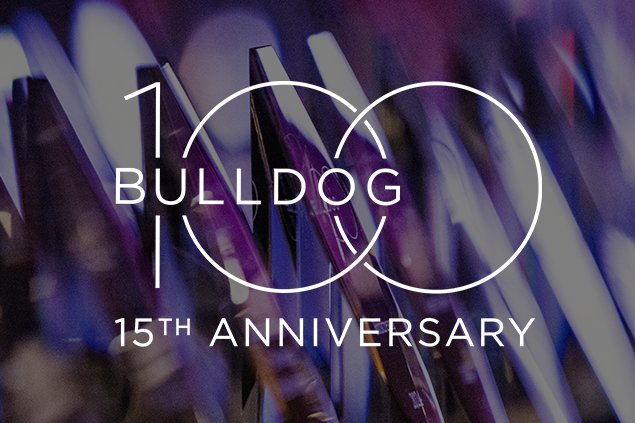By Sharon Omahen
University of Georgia
Mary Melissa Gardner watches the popular television drama CSI. But she doesn't watch for the reason most viewers do. She and fellow student Michael Fortunato view the show more as sci-fi than reality.
"I watch an episode of CSI and think to myself 'that's not how you do that,' " she said.
Fortunato agrees. "I find myself having CSI DNA band envy," he said. "You just don't get perfect bands like that."
Learning beside an expert
Gardner and Fortunato aren't crime scene investigators. They're college students who spent their summer working alongside University of Georgia geneticist and entomologist Tracie Jenkins. In her laboratory on the UGA campus in Griffin, Ga., Jenkins uses the same technology seen on CSI-type crime shows to solve insect mysteries.
Jenkins uses DNA markers to determine an insect's origin. So far, she's connected Formosan termites found in Atlanta to those found in Macon and south Georgia. They're related through their mothers.
These same Formosan subterranean termites came to Georgia from New Orleans.
"It appears as if they hitched a ride from the port city in trucks and rolled into Georgia via the interstate highways," Jenkins said.
She also used DNA to trace termites discovered in the Midwest.
"I was able to use this technology to track Asian subterranean termites found in a box of latex gloves in Columbus, Ohio, to a warehouse in Singapore," she said. "And, it looks like at least some of the Asian subterranean termites in Florida came from Malaysia."
Where they're from, where they're headed
Knowing an insect's origin is key to insect control.
"If we know how they get here," Jenkins said, "we can tell inspectors what to watch for to keep other termites from coming into the country or state."
Jenkins, whose work is applied insect genetics, allows her summer student assistants to apply the science, too.
"I'm a college student," Gardner said. "And I've been working with DNA sequencing at UGA this summer. At my school it would be hard for me to even get a (student assistant) slot working in a lab. Those jobs go to the graduate students first."
Gardner says even if she had garnered a job working in a researcher's laboratory at her college, her summer experience would have been very different.
"I would have spent all summer stuffing pipette tips or poring gels for other people to use for conducting research," she said. "My friends who are upperclassmen would give anything to work in a lab alongside a researcher like I have this summer."
Fortunato, who just completed a post-baccalaureate degree at New York University, agrees.
From a biology student to a biologist
"Having one-on-one interaction with a faculty member in their laboratory is practically unheard of," he said. "When you step out of the classroom and into a lab, it's almost like turning a key. You're a biology student and then you become a biologist. Having more student opportunities like this would drive interest in the sciences through the roof."
"I've listened to lectures for two hours and been bored," Gardner said. "Seeing the lecture come alive is incredible. I'm a part of the history of the research and I've even been published. And I'm just a sophomore in college."
Jenkins enjoys having the students work in her laboratory as much as they value the experience.
"Over time they become my colleagues and I depend on them and I have faith in them," she said. "These students are really dedicated to their work. They come in early, stay late and work hard at time-consuming tasks. But it's because they are students who truly want the experience.
"When I see the light come on in these students, I know I'm doing the right thing by opening up my laboratory to them," she said. "Knowledge moves in both directions and often they teach me as I teach them. I've seen the change take place inside Michael this summer. He thinks like a geneticist now."
Gardner just has one regret - being born too soon.
"Kids now are so lucky," she said. "They can buy forensic DNA kits in the toy stores. And to think I played with Barbies."






